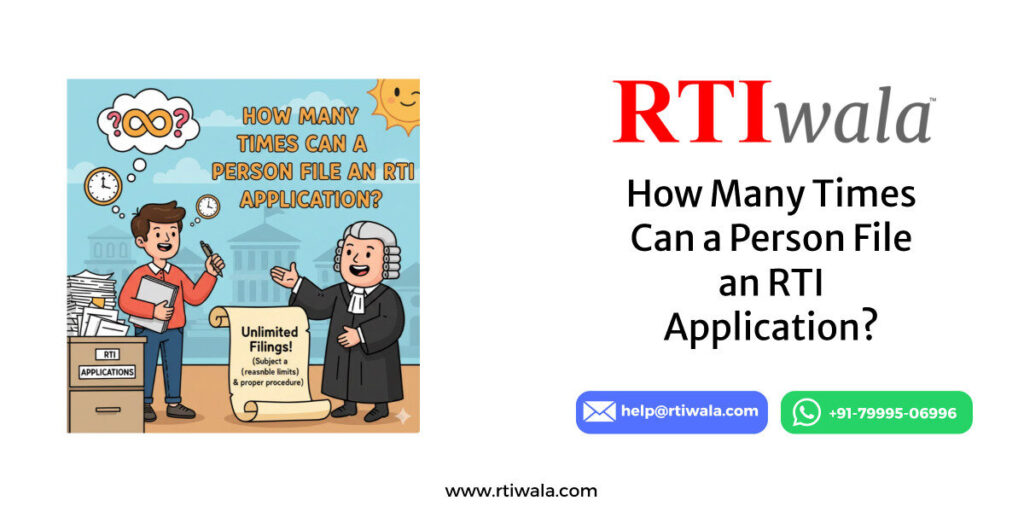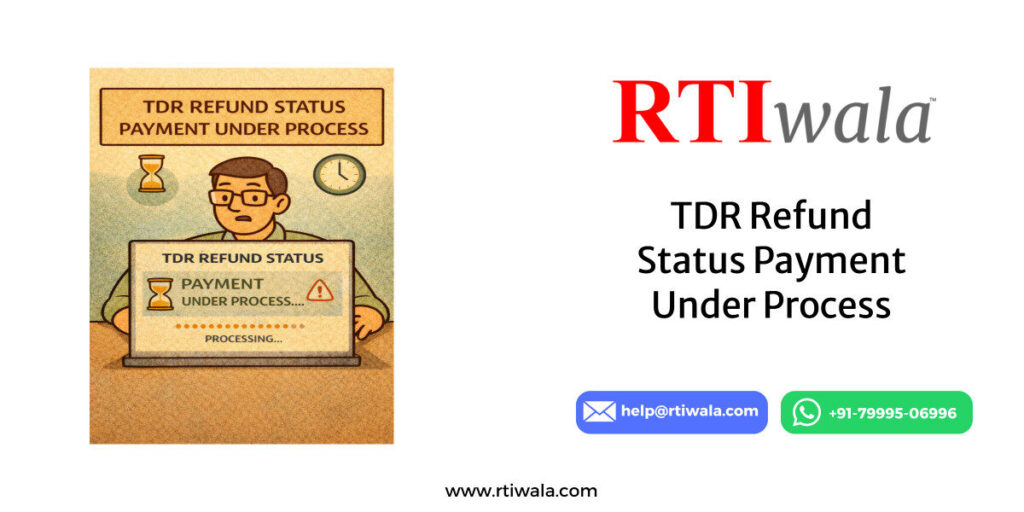Introduction
Filing for divorce in India can be a complex and emotionally challenging process. Understanding the legal procedures and documentation required can help you navigate this difficult phase more smoothly. Divorce laws in India are governed by different personal laws depending on your religion, such as the Hindu Marriage Act, 1955, the Muslim Personal Law, the Indian Divorce Act, 1869, and the Special Marriage Act, 1954.
Types of Divorce in India
1. Mutual Consent Divorce (Section 13B of Hindu Marriage Act)
- When both spouses agree to end the marriage amicably.
- It is quicker and less complicated.
2. Contested Divorce (Section 13 of Hindu Marriage Act)
- When one spouse files for divorce without the consent of the other.
- Requires proving grounds for divorce such as cruelty, adultery, desertion, conversion, mental disorder, or incurable diseases.
Grounds for Divorce in India
- Adultery
- Cruelty (physical or mental abuse)
- Desertion (for more than 2 years)
- Conversion to another religion
- Mental disorder
- Incurable diseases such as leprosy
- Renunciation of the world (Sannyasa)
- Presumption of death (if spouse not heard from for 7 years)
Documents Required for Filing Divorce
- Marriage certificate
- Address proof of both spouses
- Photographs of the marriage ceremony
- Proof of separation period (e.g., rental agreements, utility bills)
- Income tax statements of both spouses
- Details of property and assets owned jointly or individually
- Evidence supporting grounds for divorce (in contested cases)
Step-by-Step Process for Filing for Divorce
Step 1: Hire a Lawyer
- Consult a family law expert for guidance.
- Discuss grounds for divorce and documentation.
Step 2: Draft and File the Petition
- The lawyer will draft a petition stating the reason for divorce.
- File the petition in the family court of your jurisdiction.
Step 3: Court Notice and Reply
- The court sends a notice to the other spouse.
- The spouse may accept or contest the petition.
Step 4: Mediation and Counseling (If Applicable)
- The court may refer the couple for mediation to resolve their issues.
- If mediation fails, the case proceeds to trial.
Step 5: Evidence and Hearing
- Both parties present their evidence and witnesses.
- The court may question both spouses separately.
Step 6: Final Arguments
- Both lawyers make their final arguments.
- The court reviews all documents, evidence, and arguments.
Step 7: Court Judgment
- The judge grants the divorce if satisfied with the case.
- A decree of divorce is issued, legally dissolving the marriage.
Time Frame for Divorce in India
- Mutual Consent Divorce: Typically 6 months to 1 year.
- Contested Divorce: May take 2 to 5 years depending on the complexity and court backlog.
How RTI Can Help During Divorce Cases
- Obtain marriage registration details if the spouse denies the marriage.
- Request property details if the spouse hides assets during settlement.
- Check criminal records or pending cases if relevant to the case.
- Obtain income tax returns or salary records for alimony and maintenance claims.
How RTIwala Can Assist You
- Custom RTI Drafting: Get expertly drafted RTI applications for obtaining crucial documents.
- Anonymous RTI Filing: Protect your identity while seeking sensitive information.
- Expert Consultation: Discuss your case with experienced legal consultants.
- Appeals and Follow-ups: We ensure timely responses to your RTI queries.
Conclusion
Filing for divorce is a difficult but sometimes necessary step. Knowing your legal rights, procedures, and documentation can make the process smoother. If you face challenges in gathering crucial information, RTIwala can help you obtain necessary documents legally and efficiently. Consult with legal experts to ensure your rights are protected throughout the divorce process.





















































